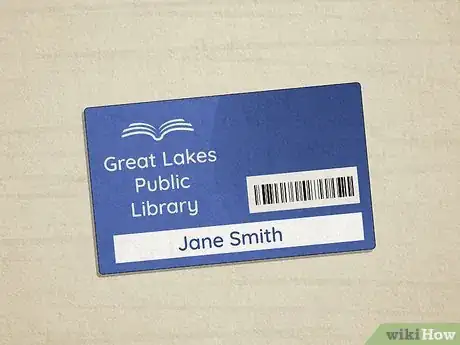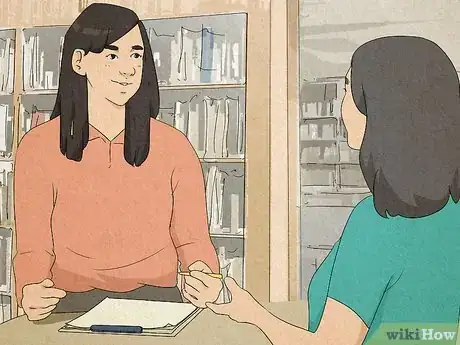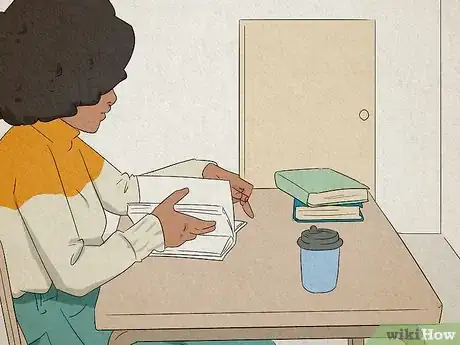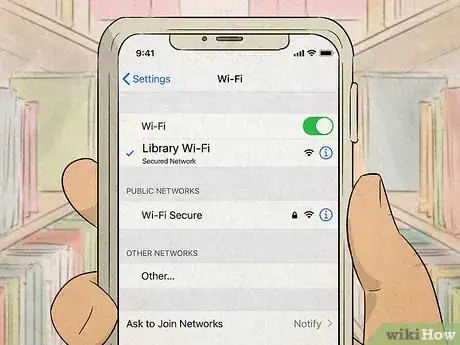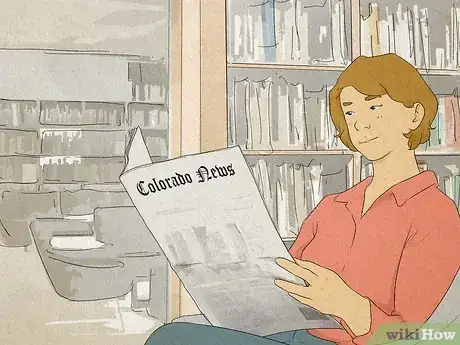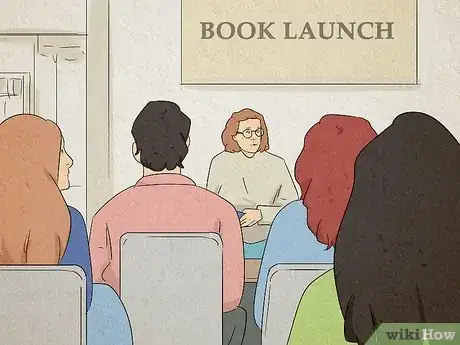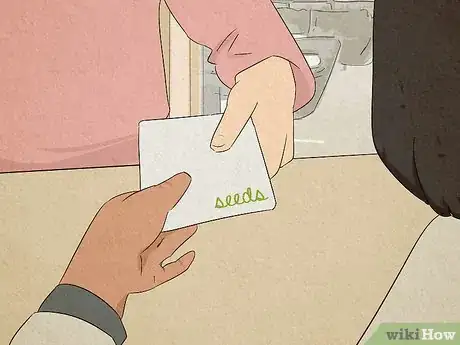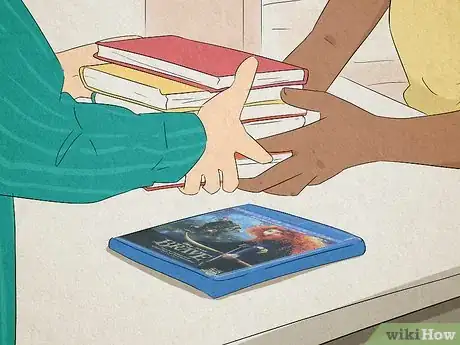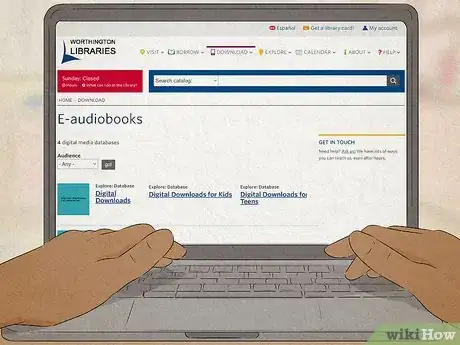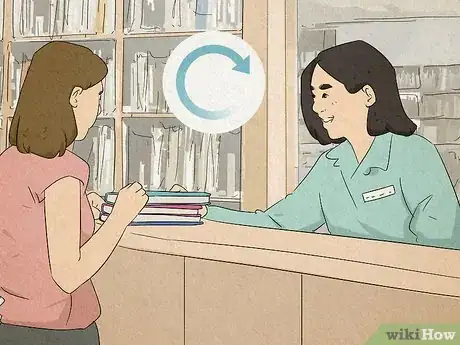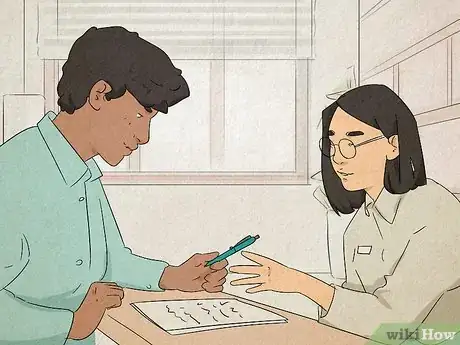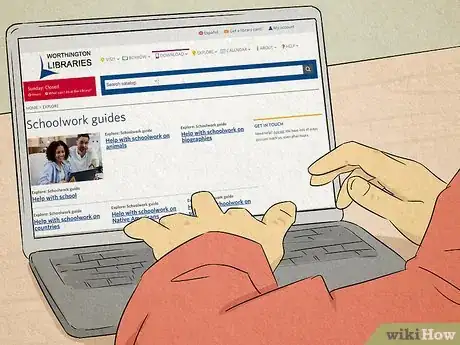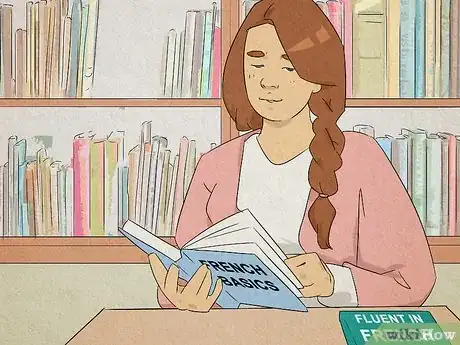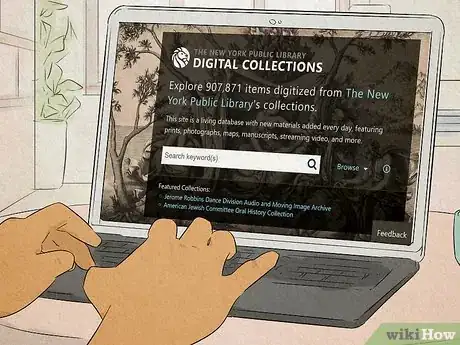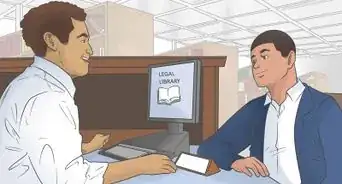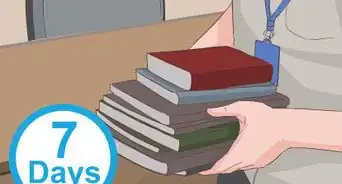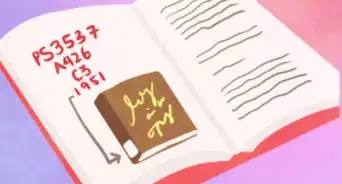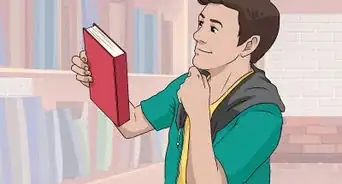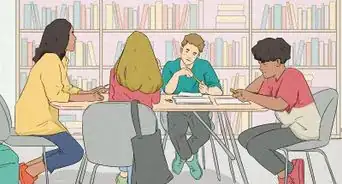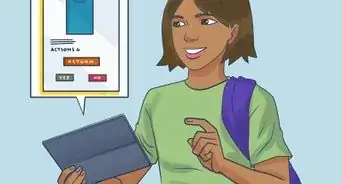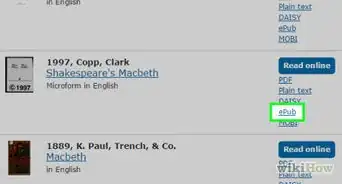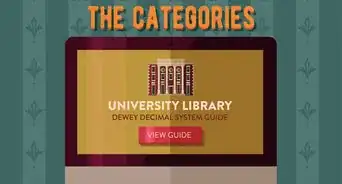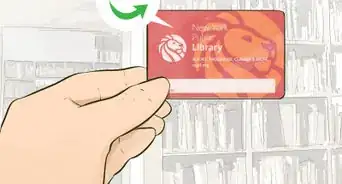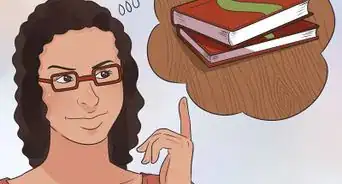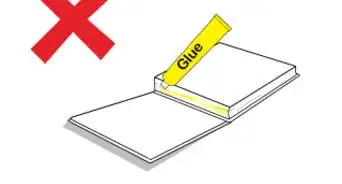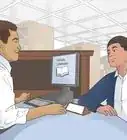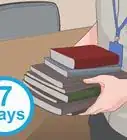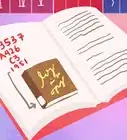This article was co-authored by Ted Coopersmith, MBA. Ted Coopersmith is an Academic Tutor for Manhattan Elite Prep, a test prep and academic tutoring company based in New York City. In addition to general academic advising, Ted has expertise in preparing for the ACT, SAT, SSAT, and ASVAB tests. He also has over 30 years of financial controller advising and consulting experience. He holds a BA from the City University of New York (CUNY) and an MBA from Pace University.
This article has been viewed 114,786 times.
Libraries are incredible! Not only do they collect and store the wealth of human knowledge and make it easily accessible to anyone who needs it, but there’s a ton you can use a public library for that you may not have even realized. Did you know that your library can help you plant a garden, file your taxes, or learn a new language? Well, it’s true! Check out this list of some of the many things super cool things you can do at your local library.
Steps
Expert Q&A
-
QuestionHow do you take care of library materials?
 Kim Gillingham, MAKim Gillingham is a retired library and information specialist with over 30 years of experience. She has a Master's in Library Science from Kutztown University in Pennsylvania, and she managed the audiovisual department of the district library center in Montgomery County, Pennsylvania, for 12 years. She continues to do volunteer work for various libraries and lending library projects in her local community.
Kim Gillingham, MAKim Gillingham is a retired library and information specialist with over 30 years of experience. She has a Master's in Library Science from Kutztown University in Pennsylvania, and she managed the audiovisual department of the district library center in Montgomery County, Pennsylvania, for 12 years. She continues to do volunteer work for various libraries and lending library projects in her local community.
Master's Degree, Library Science, Kutztown University Treat the book the way you would your favorite book. Make sure that your hands are clean when you're handling it, and don't eat or drink while reading. Also, keep all library materials away from small children and pets.
Treat the book the way you would your favorite book. Make sure that your hands are clean when you're handling it, and don't eat or drink while reading. Also, keep all library materials away from small children and pets. -
QuestionDo we need to stay quiet in the library?
 Kim Gillingham, MAKim Gillingham is a retired library and information specialist with over 30 years of experience. She has a Master's in Library Science from Kutztown University in Pennsylvania, and she managed the audiovisual department of the district library center in Montgomery County, Pennsylvania, for 12 years. She continues to do volunteer work for various libraries and lending library projects in her local community.
Kim Gillingham, MAKim Gillingham is a retired library and information specialist with over 30 years of experience. She has a Master's in Library Science from Kutztown University in Pennsylvania, and she managed the audiovisual department of the district library center in Montgomery County, Pennsylvania, for 12 years. She continues to do volunteer work for various libraries and lending library projects in her local community.
Master's Degree, Library Science, Kutztown University Not necessarily! These days, quiet in the library is not nearly as important as it was in previous decades. Now, you'll find movies, interactive story times, and town hall meetings all happening at your local library. For those who need a quiet place to study, many public and most academic libraries have quiet areas.
Not necessarily! These days, quiet in the library is not nearly as important as it was in previous decades. Now, you'll find movies, interactive story times, and town hall meetings all happening at your local library. For those who need a quiet place to study, many public and most academic libraries have quiet areas. -
QuestionHow are books arranged?
 DonaganTop AnswererWorks of fiction are arranged by the author's last name in alphabetical order. Non-fiction books are arranged by topic, typically using the Dewey Decimal System as written on the spines of the books.
DonaganTop AnswererWorks of fiction are arranged by the author's last name in alphabetical order. Non-fiction books are arranged by topic, typically using the Dewey Decimal System as written on the spines of the books.
Warnings
- If you damage or break something you borrow from the library, you may have to pay a small fee to replace it, so try to take care of everything you check out!⧼thumbs_response⧽
References
- ↑ https://www.bklynlibrary.org/use-the-library/borrow
- ↑ Kim Gillingham, MA. Master's Degree, Library Science, Kutztown University. Expert Interview. 15 May 2019.
- ↑ Kim Gillingham, MA. Master's Degree, Library Science, Kutztown University. Expert Interview. 15 May 2019.
- ↑ Kim Gillingham, MA. Master's Degree, Library Science, Kutztown University. Expert Interview. 15 May 2019.
- ↑ https://medium.com/everylibrary/its-called-a-public-library-here-s-how-it-works-9a63cc6614f5
- ↑ Kim Gillingham, MA. Master's Degree, Library Science, Kutztown University. Expert Interview. 15 May 2019.
- ↑ https://medium.com/everylibrary/its-called-a-public-library-here-s-how-it-works-9a63cc6614f5
- ↑ https://medium.com/everylibrary/its-called-a-public-library-here-s-how-it-works-9a63cc6614f5
- ↑ https://www.bpl.org/resources-types/newspapers/
- ↑ https://www.shreveporttimes.com/story/life/2018/08/30/things-can-library/37636125/
- ↑ Kim Gillingham, MA. Master's Degree, Library Science, Kutztown University. Expert Interview. 15 May 2019.
- ↑ https://www.nypl.org/about/remote-resources
- ↑ https://medium.com/everylibrary/its-called-a-public-library-here-s-how-it-works-9a63cc6614f5
- ↑ https://medium.com/everylibrary/its-called-a-public-library-here-s-how-it-works-9a63cc6614f5
- ↑ https://medium.com/everylibrary/its-called-a-public-library-here-s-how-it-works-9a63cc6614f5
- ↑ Kim Gillingham, MA. Master's Degree, Library Science, Kutztown University. Expert Interview. 15 May 2019.
- ↑ https://www.nypl.org/about/remote-resources
